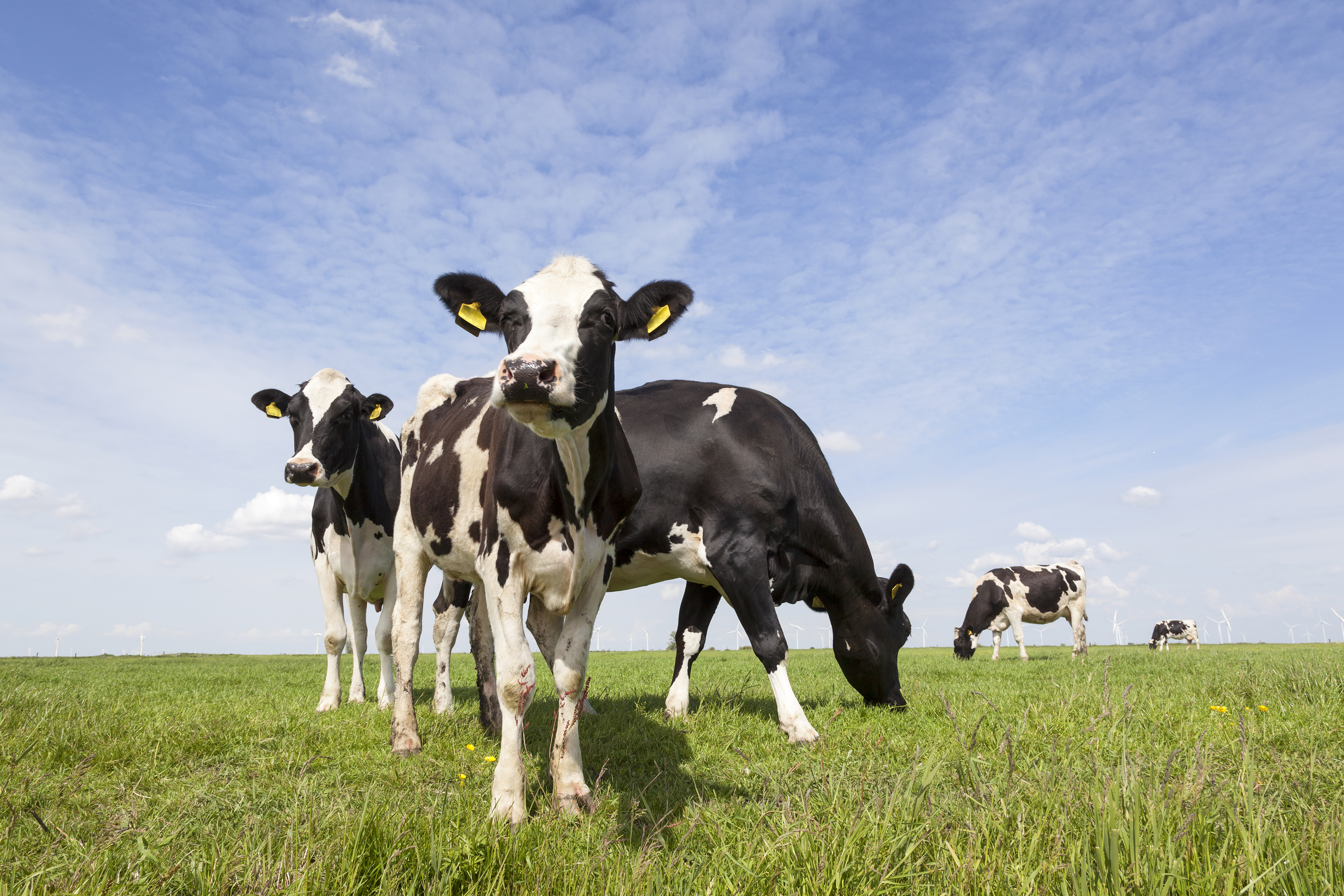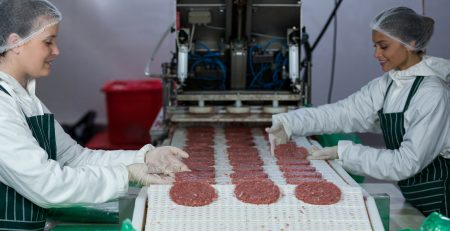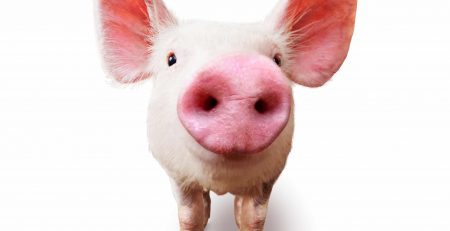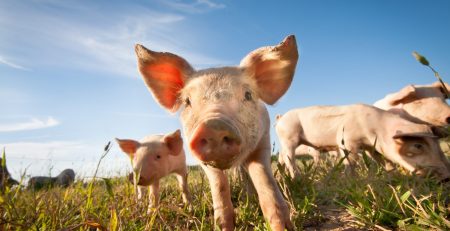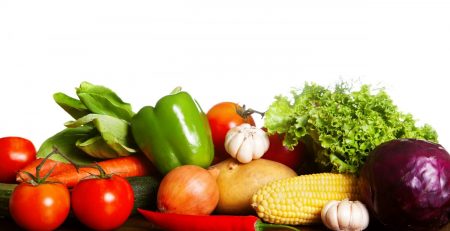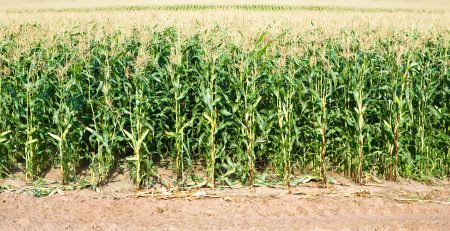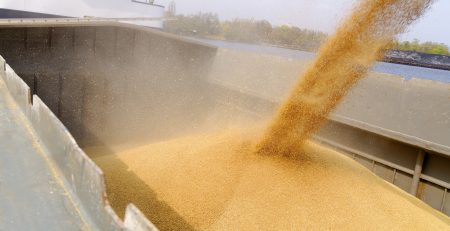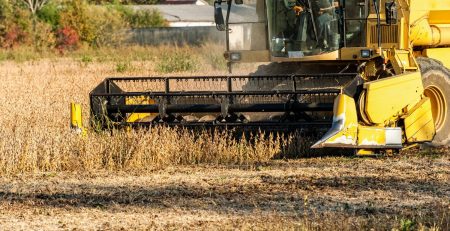USDA Offers Help For The Cattle Industry
Last week, USDA announced a total of $19 billion for the Coronavirus Food Assistance Program (CFAP). The program includes $16 billion in direct payments to farmers and ranchers including $9.5 billion of emergency funding from the CARES Act and $6.5 billion of funding from the Commodity Credit Corporation (CCC).
Additionally, CFAP includes $3 billion in purchases of meat, dairy and produce to support producers and provide food assistance to those in need. CFAP is funded from the Coronavirus Aid, Relief and Economic Security Act (CARES), the Families First Coronavirus Response Act (FFCRA) and other USDA programs.
The beef cattle industry will receive $5.1 billion of CFAP funding to partially offset 2020 losses due to COVID-19. Cattle producers will receive a single direct payment determined by two calculations including 85 percent of price losses from January 1- April 15, 2020 and 30 percent of expected losses for two quarters after April 15.
In order to qualify, commodities must have experienced at least a five percent price decrease between January and April. USDA expects to begin sign-up in early May and distribute payments by late May or early June.
Payments to cattle producers will partially offset losses due to COVID-19. A study released recently by Oklahoma State University estimated total losses to the beef cattle industry of $13.6 billion including $9.2 billion in 2020 losses.
Damage to the cow-calf sector was estimated at $3.7 billion along with $2.5 billion in losses to stocker producers and $3.0 billion in losses to the feedlot sector. Additionally, the cow-calf sector will incur another $4.4 billion in long-term losses if the 2020 damages are not compensated. For more information about this study check out links to the executive summary or the full report.
The economic damages estimated in the report are based on information and conditions in early April. Obviously, the COVID-19 situation is not over and additional impacts are likely. Most recently, workers at several meat packing and further processing facilities have been impacted by COVID-19 resulting in temporary plant closures or reduced production.
At this time, plant reductions are mostly resulting in some product disruptions and perhaps temporary shortages of fresh meat. Baring a catastrophic combination of plant closures or extended periods of plant disruptions, significant shortages of meat are not expected. However, the combination of processing disruptions and the continuing challenges of supply chain disruptions means that consumers will likely experience limited meat supplies and selection in grocery stores in the coming weeks.
Total beef production in 2020 is still projected at a record level over 27 billion pounds but the timing during the year is more volatile and somewhat choppy.
Content within the Farm Journal Forum is the property of Farm Journal, Inc and protected by copyright.
